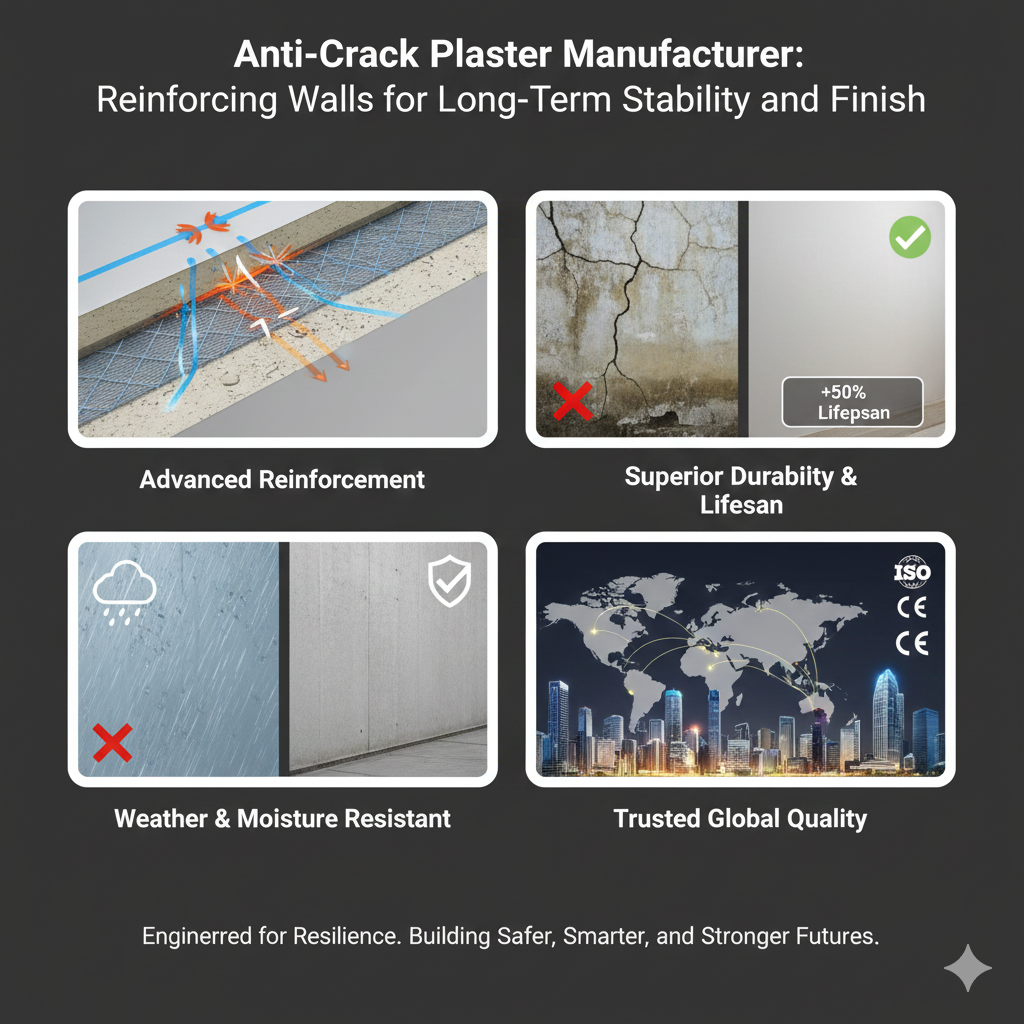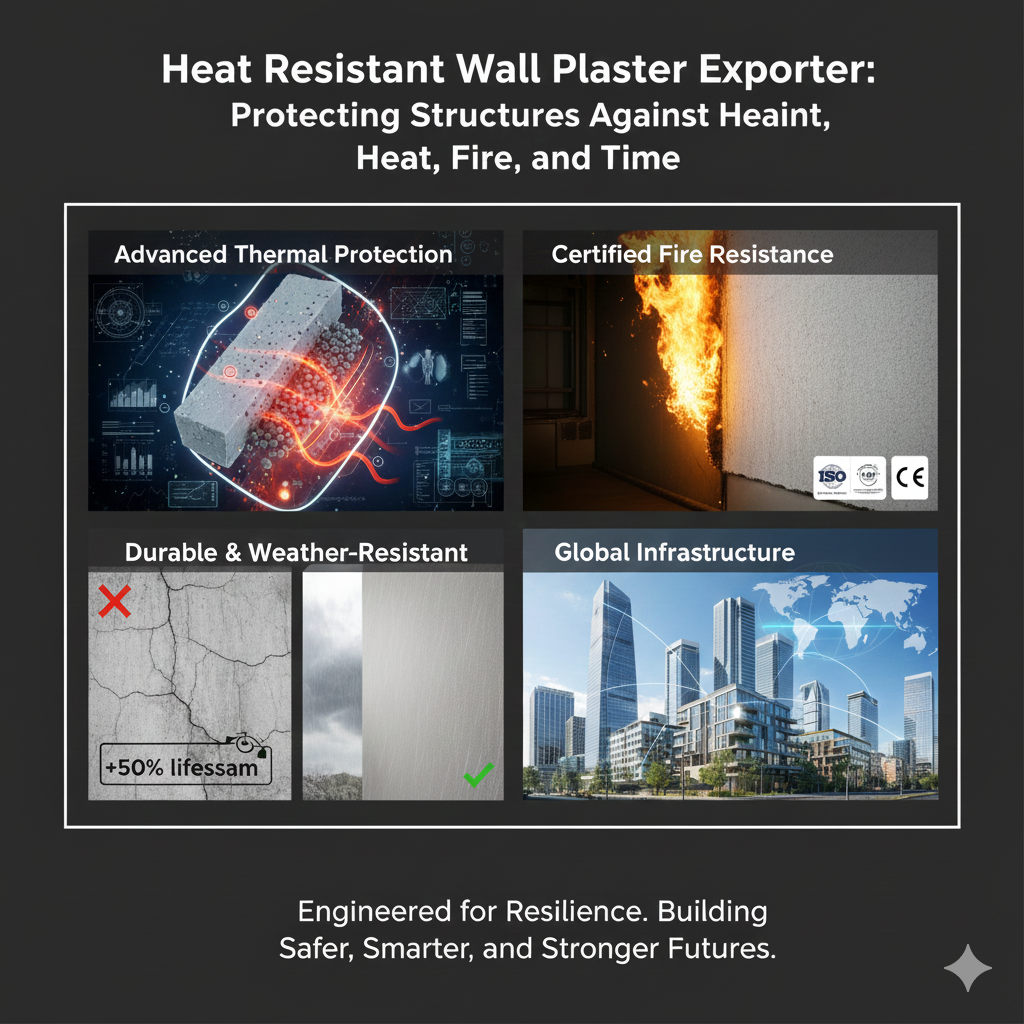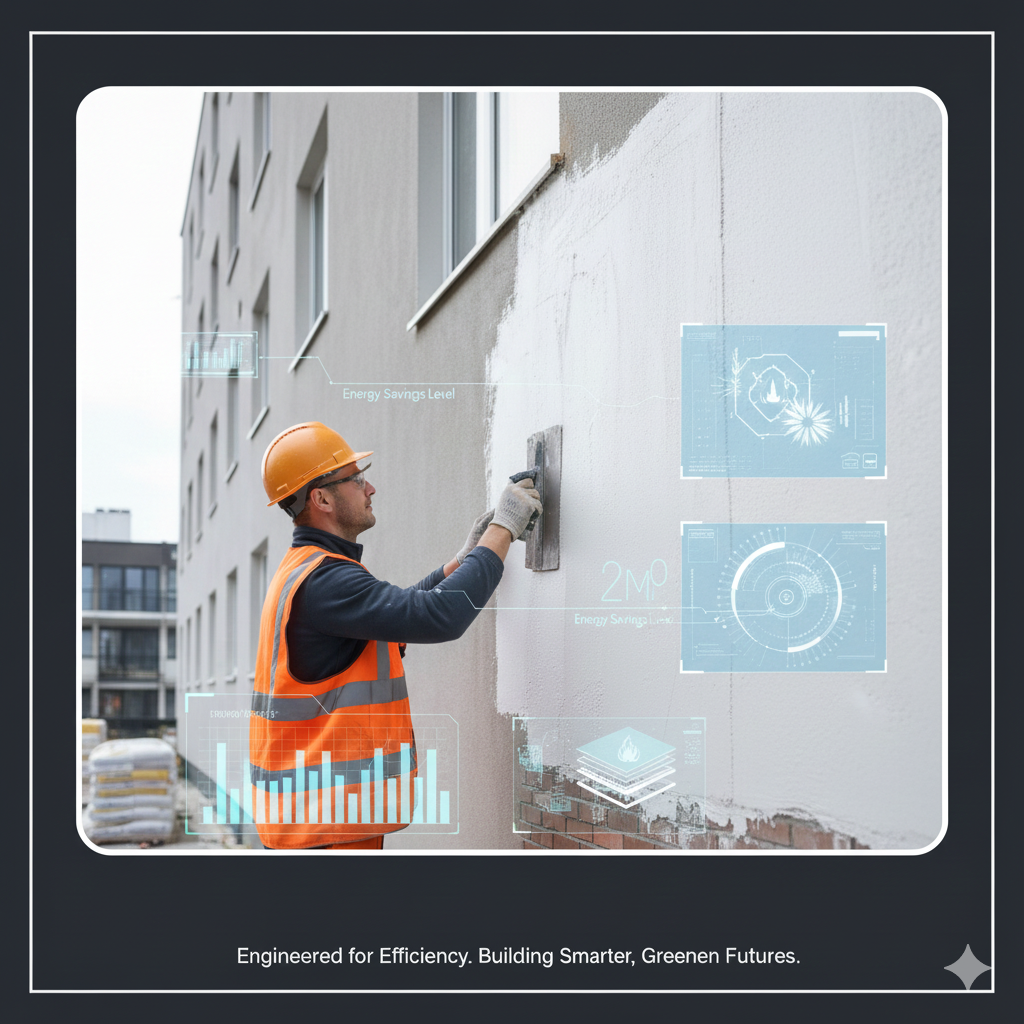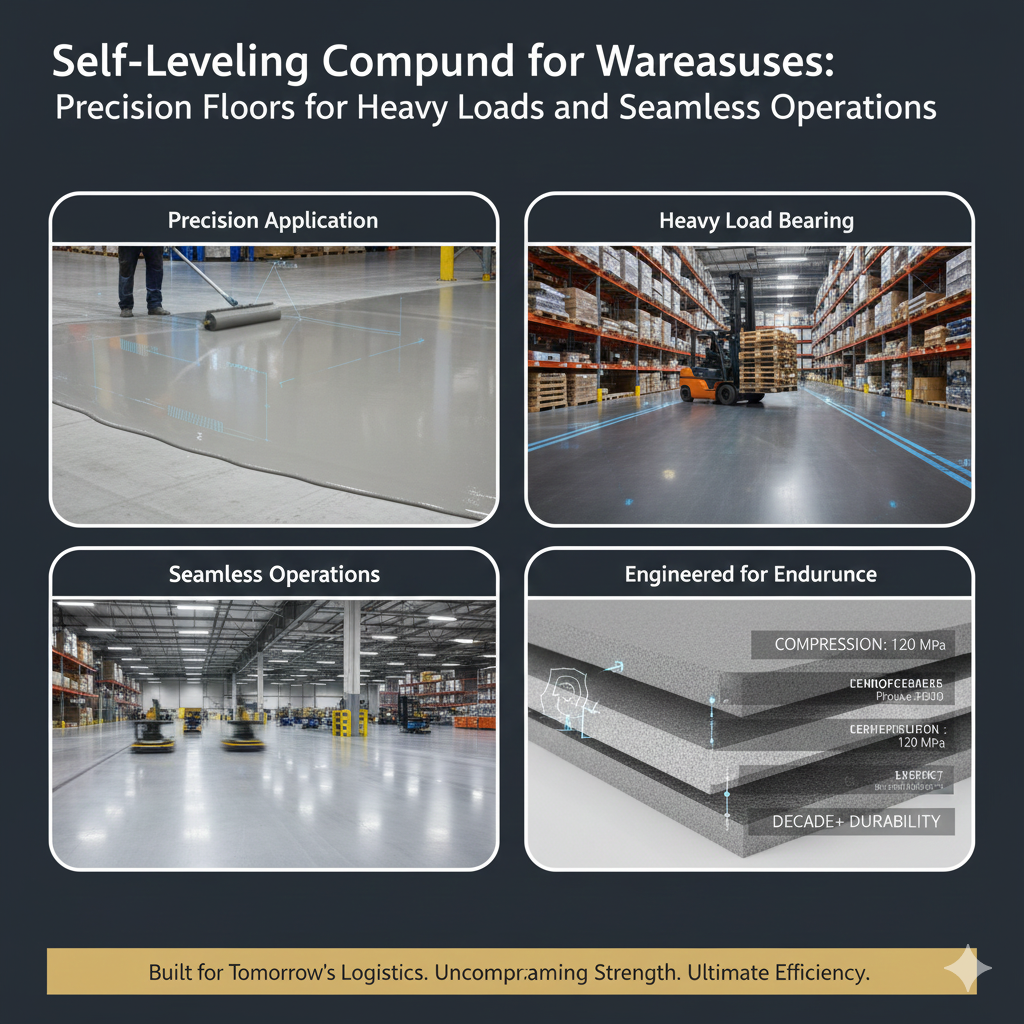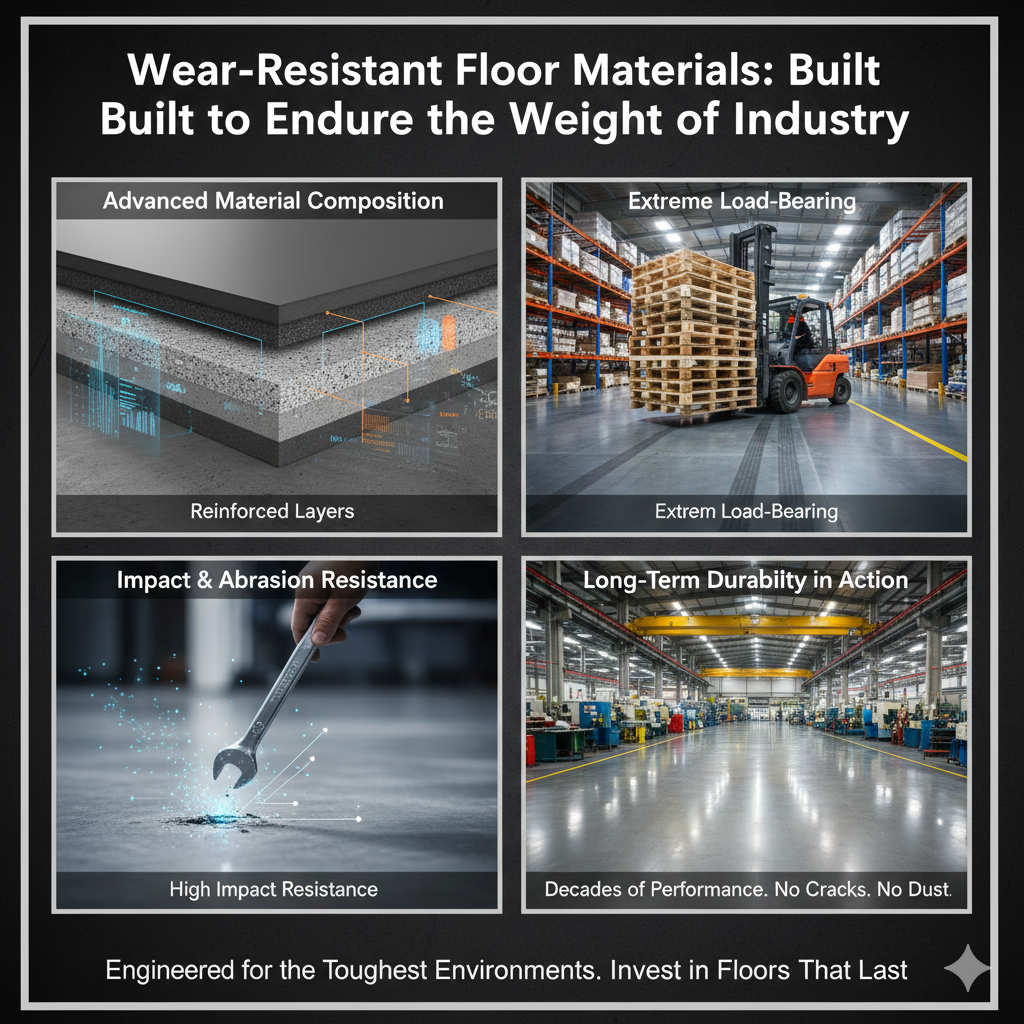Discovering the Power of Epoxy Adhesives
Epoxy adhesives have revolutionized how we bond materials, offering unparalleled strength and versatility across a multitude of applications, from everyday household repairs to demanding industrial projects. The quest to find the best epoxy adhesive often involves understanding the specific requirements of your task, as different formulations cater to unique needs. Whether you're a DIY enthusiast or a seasoned professional, selecting the right epoxy is crucial for achieving durable, long-lasting results. This guide will delve into the world of epoxy adhesives, helping you identify what makes an epoxy stand out.
Understanding Epoxy: The Science Behind the Bond
At its core, an epoxy resin adhesive is a type of reactive polymer that undergoes a chemical reaction to create a strong, cross-linked bond. Most commonly, these are found as a two-part epoxy adhesive, consisting of a resin (Part A) and a hardener (Part B). When these two components are mixed in the correct ratio, a process called curing begins. This exothermic reaction transforms the liquid or paste-like mixture into a rigid, solid material with exceptional adhesive properties. The final cured epoxy exhibits high mechanical strength, excellent adhesion to a wide variety of substrates, and good resistance to chemicals and environmental factors. The specific characteristics of the cured epoxy can be tailored by modifying the resin and hardener formulations.
Key Characteristics of a Superior Epoxy Glue
A truly strong epoxy glue is defined by several key characteristics. Firstly, exceptional bond strength is paramount, ensuring that the joined materials remain securely attached under stress. Durability is another critical factor; the adhesive should withstand wear and tear, temperature fluctuations, and, in some cases, exposure to chemicals or moisture. The curing time is also an important consideration. While some applications benefit from quick-setting epoxies, others, particularly those requiring precise alignment, benefit from a slower cure. For instance, products like the YUN YAN YY-222 Epoxy Stone Glue feature a slow-dry formula, which is invaluable for intricate stone fabrication or repair, allowing ample time for adjustments. This professional-grade performance ensures reliability over time, essential for high-stakes projects.
Versatility in Bonding: Materials and Applications
One of the most significant advantages of epoxy adhesives is their ability to bond a diverse range of materials. An epoxy adhesive for metal can create bonds strong enough to replace traditional fastening methods like welding or riveting in certain applications. Similarly, an epoxy adhesive for plastic offers a reliable solution for joining various types of plastics that are often difficult to glue with other adhesives. For woodworking projects, an epoxy adhesive for wood provides superior gap-filling capabilities and moisture resistance compared to many conventional wood glues. Beyond these common materials, specialized epoxies excel in unique applications. For example, bonding natural and engineered stone demands an adhesive formulated for powerful, rock-solid adhesion. The YUN YAN YY-222 Epoxy Stone Glue explicitly caters to this need, delivering robust bonds for marble, granite, and engineered stone, crucial for both aesthetic and structural integrity in stone fabrication and installation.
The Critical Advantage of Waterproof Epoxy Adhesives
For projects exposed to moisture, humidity, or direct water contact, a waterproof epoxy adhesive is indispensable. These formulations are designed to maintain their bond strength and integrity even when submerged or subjected to damp environments. This makes them ideal for outdoor applications, marine repairs, plumbing fixes, and bathroom or kitchen installations. A waterproof epoxy adhesive not only prevents bond failure due to water ingress but also helps protect the underlying materials from corrosion or water damage. The chemical structure of cured epoxy inherently offers good water resistance, but specialized waterproof versions are enhanced to provide maximum protection and longevity in wet conditions, ensuring the durability of your repairs or constructions.
Choosing the Ideal Epoxy for Your Project Needs
Selecting the best epoxy adhesive for your specific project involves considering several factors. First, identify the materials you need to bond, as some epoxies are optimized for certain substrates. Consider the environmental conditions the bond will face, such as temperature extremes, chemical exposure, or moisture – this will guide whether you need a specialized type like a waterproof epoxy adhesive. The required bond strength and flexibility are also important; some epoxies cure to a very rigid state, while others offer some degree of flexibility. Finally, assess the working time you’ll need. Fast-setting epoxies are great for quick repairs, but for complex assemblies or large surface areas, a slower-curing epoxy, like the aforementioned YUN YAN YY-222 for stone, provides ample time for precise application and adjustment. Evaluating these aspects will help you choose an adhesive that not only works, but excels.
Conclusion: The Enduring Strength of Quality Epoxy
In summary, epoxy adhesives offer a powerful and versatile solution for a vast array of bonding challenges. From general repairs to specialized industrial tasks, understanding the different types available, such as two-part epoxy adhesive systems or specific formulations for metal, plastic, wood, or stone, is key. Qualities like bond strength, cure time, and resistance to environmental factors play a significant role in the performance of products like a strong epoxy glue. By carefully considering the demands of your project, you can select the best epoxy adhesive, ensuring results that are both durable and dependable, meeting the highest standards of quality and performance.

